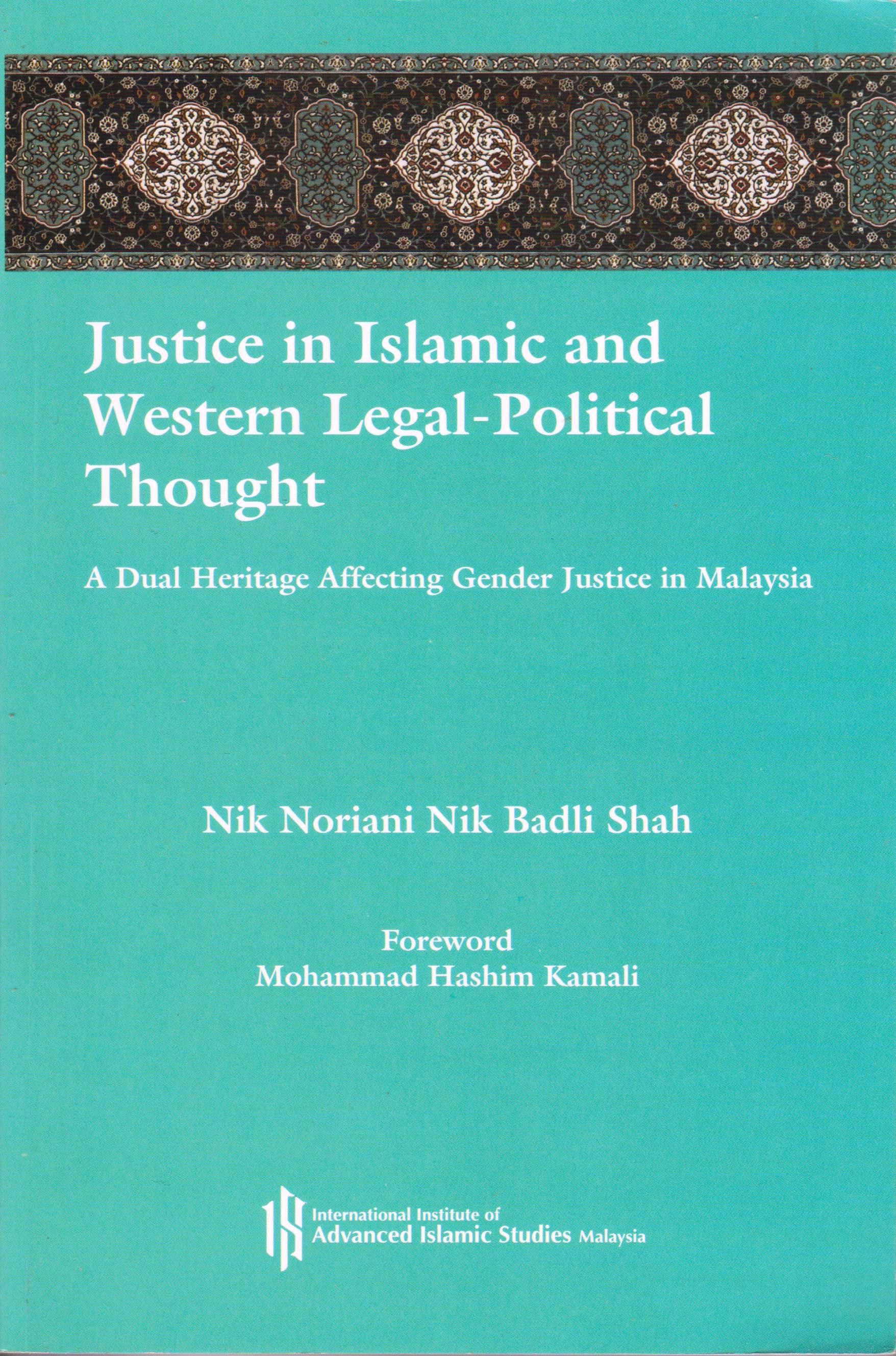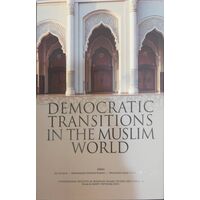Justice in Islamic and Western Legal-Political Thought: A Dual Heritage Affecting Gender Justice in Malaysia
Author: Nik Noriani Nik Badli Shah
Publisher: International Institute of Advanced Islamic Studies (IAIS)
Page: 261 pages
ISBN: 978-967-10065-8-0
This book looks into certain comparative concepts of justice in legal-political thought, their historical developments and contemporary relevance. In recent decades, there have been calls both for the revival and preservation of Islamic systems and institutions, and for modernisation and reform. Islamic and Western influences play significant roles in the development of legal status in Malaysia. It is possible to find common ground between some Western ideas on representative government with Islamic concepts on shura or consultation. Modern forms of representative government have been influenced by revolutionary upheavals as well as evolutionary developments.
An understanding of Islamic theology and philosophy demonstrates the underlying bases of Islamic jurisprudence, and the intertwining of theological debates on justice with political notions. Western theories on law and justice, including classical positivism and natural law theories, and comparisons with Islamic legal theory on positive law in ideal form, will be discussed. Subordination of women in the West prior to the 20th century will illustrate that women’s rights were neither inherently nor exclusively part of Western traditions. In Malaysia, family laws have become a main dividing line between Muslims and others, as though necessarily incompatible and mutually exclusive. However, some areas of English family law have actually benefited from Islamic family law to the advantage of women, especially regarding married women’s property rights and child custody. It is unfortunate that contributions to gender justice from Islamic law are unrecognised and ignored. Instead, there is popular misconception that gender justice is based on Western civilisations.








